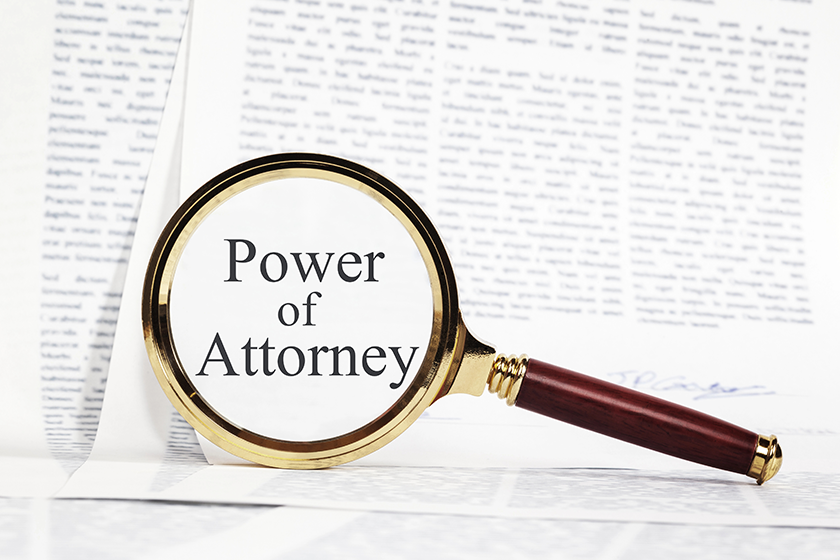A Guide To Power Of Attorney For Your Elderly Parent

Making decisions for an elderly parent can sometimes become overwhelming, especially as their ability to manage legal matters declines. When this happens, it is necessary to take the necessary steps to make sure their affairs are properly managed. One of the most effective ways to handle such situations is by establishing a Power of Attorney for elderly parent. This legal document allows someone trusted to step in and make important decisions on behalf of your parent, guaranteeing their best interests are protected.
What is Power of Attorney
A Power of Attorney (POA) is a legal document that gives one person, known as the agent, the authority to make decisions for another person, called the principal. This authority can cover a range of decisions, including financial and medical matters. In the case of an elderly parent, a POA helps make sure that someone trusted can act on their behalf when they are unable to manage their own affairs, whether due to illness, incapacity or aging.
Types of Power of Attorney
There are several types of Power of Attorney, each with specific purposes. A general POA grants the agent broad powers over financial and legal matters, while a limited POA gives authority for specific tasks or periods. A durable POA remains effective if the principal becomes incapacitated and a medical POA allows the agent to make healthcare decisions. Choosing the right type makes sure your elderly parent’s needs are fully met.
When to Create Power of Attorney
Creating a POA should be done before an elderly parent’s ability to make sound decisions is compromised. It is necessary to act early, as the legal requirements necessitate that the principal must be of sound mind when signing the document. Delaying this step could result in complications, including court involvement or a more difficult process for family members to step in.
How to Create Power of Attorney
The process of creating a POA involves legal documentation, which must be signed and witnessed in accordance with local laws. Consulting an attorney makes sure that all necessary details are covered and that the document is tailored to the specific needs of your elderly parent. The agent selected should be someone trustworthy, responsible and willing to act in your parent's best interest.
Things to Consider Before Signing Power of Attorney
Before signing a POA, think about the potential long-term implications of granting such authority. Discuss the decision with your elderly parent to guarantee they understand the powers they are granting. The chosen agent must be reliable and capable of handling the responsibilities, whether managing finances or making healthcare decisions. It's also important to review and update the document as circumstances change.
Power of Attorney and Retirement Community Services
If you are thinking about power of attorney for elderly parent and seeking the best care, consider our Independent Living community. With our comprehensive senior living amenities and services, we offer tailored options to meet your family’s needs. Whether it's assistance with daily living or expert advice on legal matters like Power of Attorney, we are here to bring the support you need. Reach out to us to explore how we can make this process easier for you and your loved ones.
.png?width=250&height=73&name=SierraHills_WHT%20(1).png)